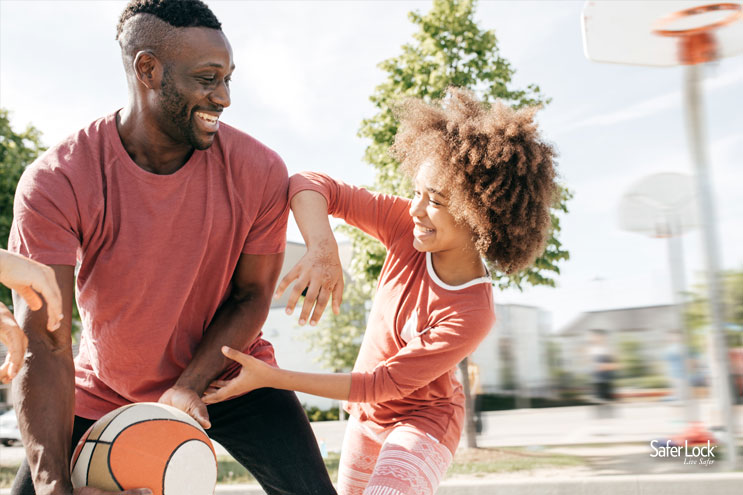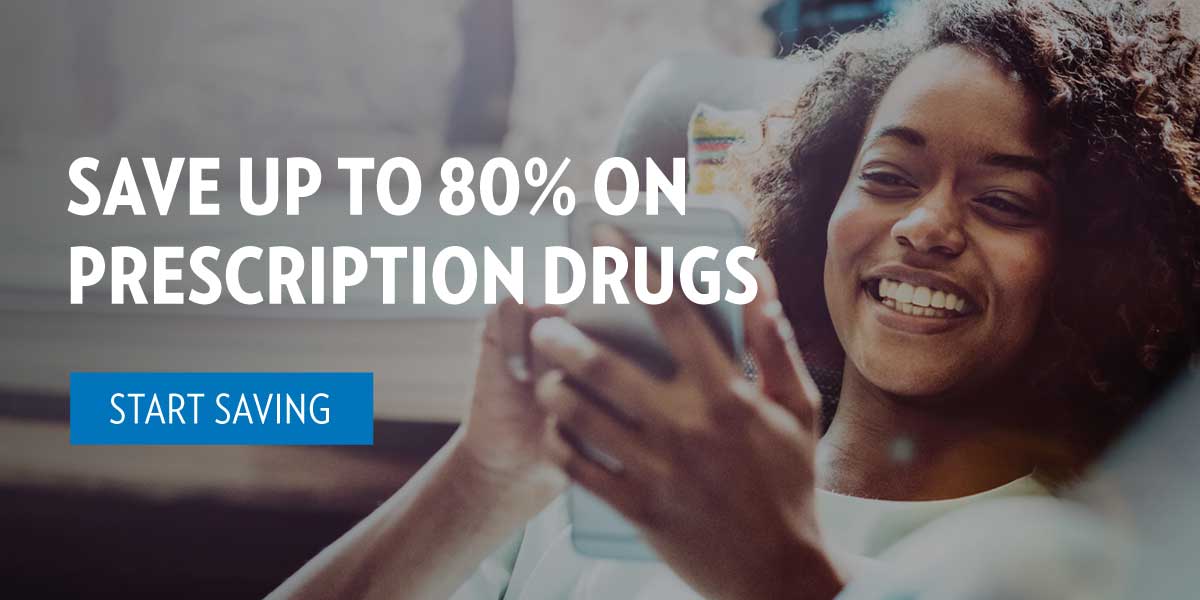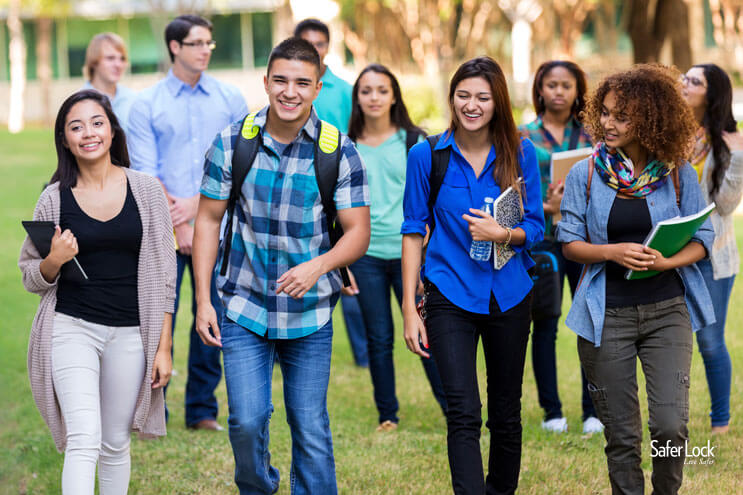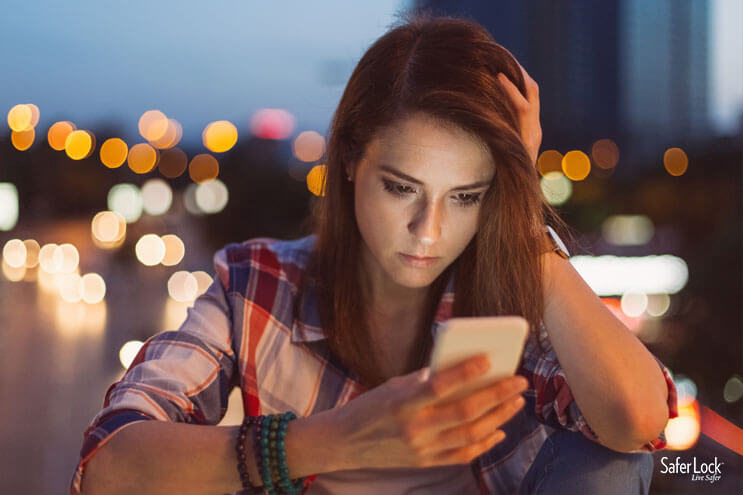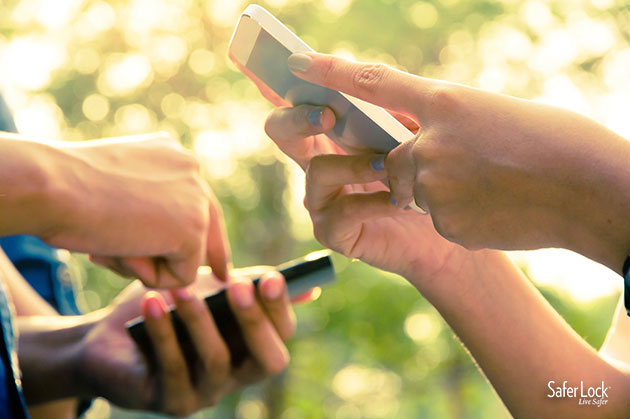This prevention perspective comes from Clean & Sober Recovery Services in Orangevale, California.
Parents and teens alike tend to consider prescription medication “safe” because “it’s prescribed by a doctor,” but the reality is that even a legal medication can be dangerous or deadly when misused. Prescription pill abuse can take several forms. Teens or their friends might snatch Mom or Dad or Grandma’s pain pills (opioids) or anti-anxiety medications, thinking they are a safe “high.” Or they might take more of their own meds than the doctor intended.
The National Institute on Drug Abuse (NIDA) reports that over 2 million people in the United States suffer from substance use disorders related to prescription opioid pain relievers like Vicodin, Norco, Oxycontin, Percocet or Opana. One tragic consequence of this epidemic is overdose deaths, which have more than quadrupled in the past 15 years. We are also seeing an upswing in the teen misuse of anti-anxiety meds Xanax and Valium, which can be deadly when mixed with alcohol. And stimulants such as Adderall and Concerta have long been popular with young people who seek out an energetic high that can lead to short or long-term problems.
Teens take risks, and that is an important part of their healthy development. But experimenting with drugs and alcohol can be deadly. Most teens who abuse prescription pills get them for free from a friend or from the family medicine cabinet. Even their own medications can be misused or open the door to addiction. For example, a teen’s legitimately prescribed medication (for wisdom teeth extraction or a sports surgery, for example) can become addictive. Lock up your own and your teen’s medications, and pay very close attention to those meds prescribed to your teens.
You can also help prevent prescription pill abuse by disposing of medications properly. The Fall 2018 National Drug Take-Back Day is Saturday, October 27 and you can find your local medication drop-off location here. Year-round, your local recycling agency should be able to tell you where to safely dispose of medications. You can also dispose of prescription medications by mixing them into repugnant things in your garbage. DON’T flush pills down the toilet, where they pollute the water supply. And remember to keep any alcohol in your home under lock and key.
Drug testing can be a deterrent to “experimentation.” It can catch a problem in its early stages. And it can give your kids a face-saving “out” to peer pressure so they can say, “Sure, I want to party, but I can’t because my parents drug test me.” If your teen refuses to take a drug test, consider that a huge red flag.
You can help reduce the chances that your child will use drugs or alcohol if you maintain a close relationship with your child during the teen years. Here’s how:
- Encourage your teens while offering appropriate levels of independence.
- Know your teen’s friends, and know what they are doing and what is important to them.
- Trust your gut about their friends, and keep in touch with their friends’ parents. If they push you away, let them know that you are keeping tabs on them because you love them and want them to be safe.
- Stay connected with school – academics and activities – as a finger on the pulse of your teen’s performance, values, priorities, and moods.
How can you make sure that your teens know the rules and stick with them outside of your home? Here are some basics:
- Start with constructive discussions with your teen about your non-negotiable rules.
- Stay involved in your teen’s activities, and touch base with the parents of your teen’s friends to let them know your expectations when they’re away from home.
- Be consistent, set clear limits and follow through with consequences.
Your approval is very important to your kids, so don’t forget to praise them, and follow through with privileges for good behavior. After all, when kids are involved in healthy activities, there is less opportunity for them to make poor choices with dangerous or deadly outcomes.
